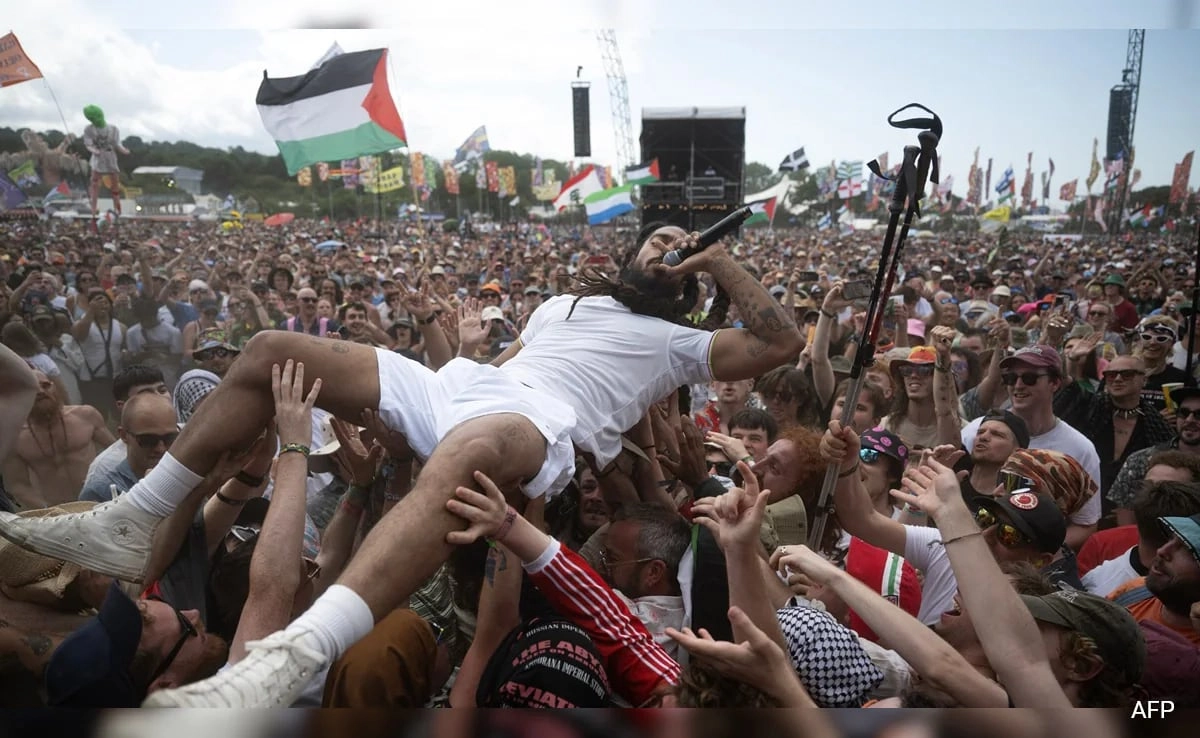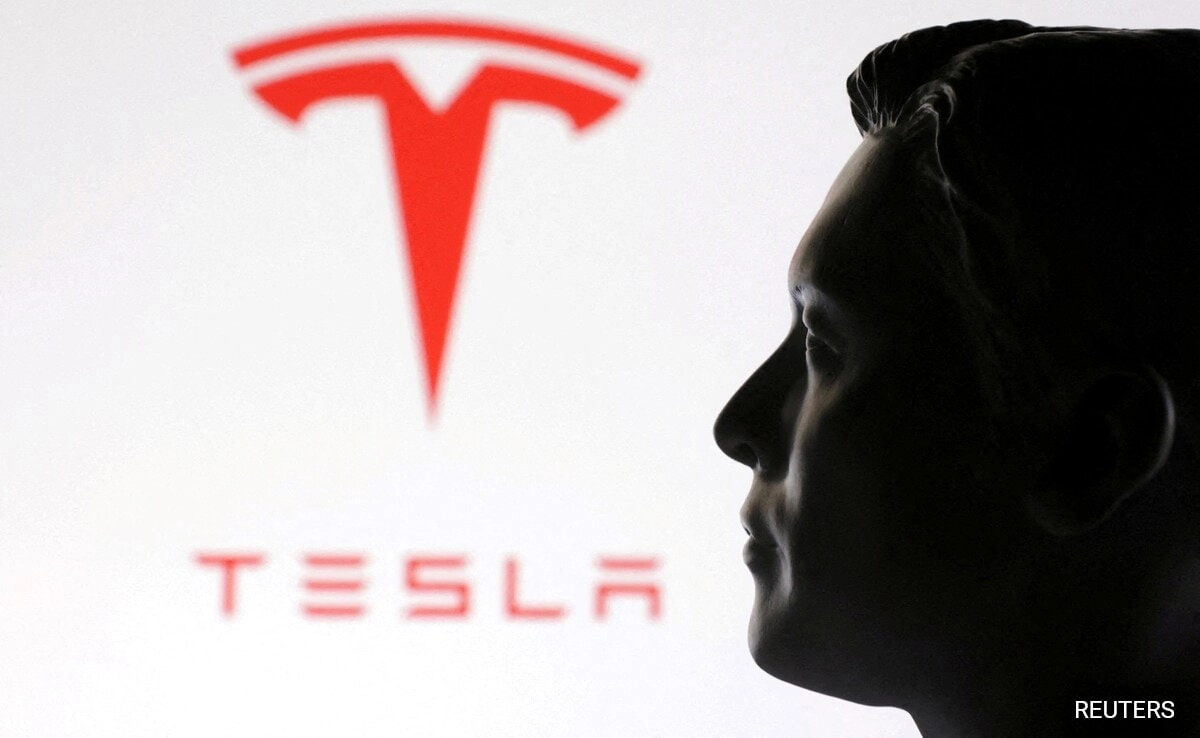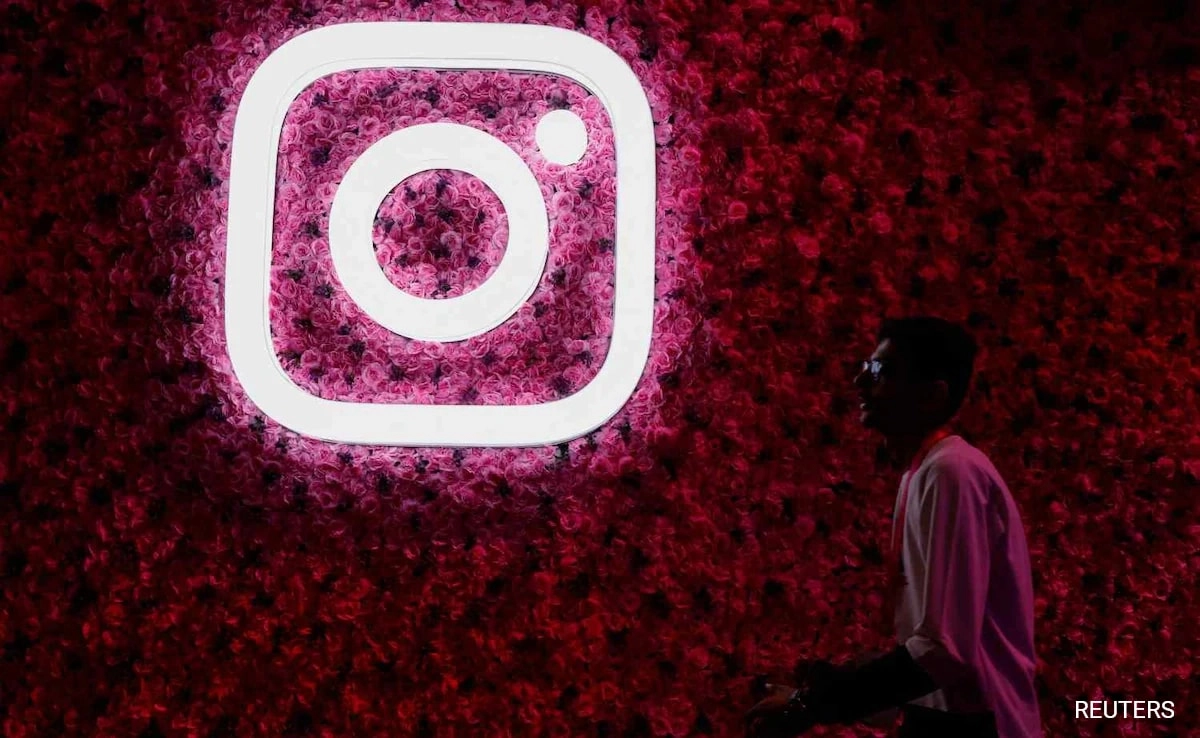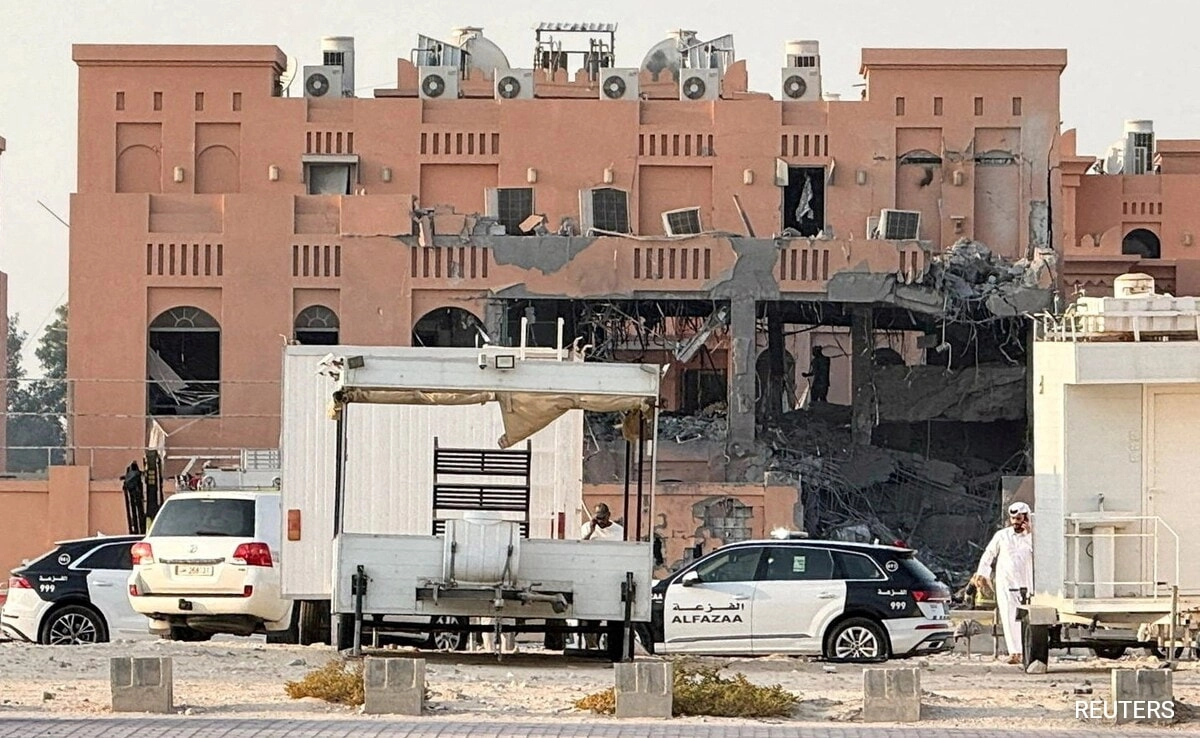In a significant development, the United States government has announced its intention to revoke the visas of a band scheduled to perform at the renowned Glastonbury Festival, following their involvement in a controversial anti-Israel chant. This decision highlights the growing sensitivity surrounding the intersection of music, politics, and international relations. The band, known for their outspoken political views, has faced backlash for their actions, which many perceive as promoting division and hostility. The chant, which criticized Israel’s policies, has sparked considerable debate about freedom of expression, especially in the context of artistic performances.
The decision to revoke the visas raises important questions about the limits of artistic freedom and the responsibilities that come with public platforms. Supporters of the band argue that musicians should have the right to express their political beliefs, particularly in a festival setting that celebrates diverse voices and opinions. Conversely, critics contend that such expressions can contribute to a toxic environment and perpetuate harmful narratives. The ongoing tensions in the Middle East make this issue even more delicate, as artists navigate the complexities of global politics while trying to convey their messages through music.
Furthermore, this incident may set a precedent for how the U.S. government engages with foreign artists who take political stances. It underscores the potential consequences that musicians may face when their expressions are deemed controversial or incendiary. As the global landscape continues to evolve, the relationship between art, politics, and public sentiment will remain a contentious topic. The Glastonbury Festival, known for its eclectic lineup and progressive ethos, now finds itself at the center of this debate, prompting festival-goers and artists alike to reflect on the broader implications of their expressions and the potential repercussions in a politically charged environment.
As the situation unfolds, it is clear that the dialogue surrounding artistic expression and political activism will only intensify. The conversations sparked by this incident could lead to greater scrutiny of the messages conveyed by artists and how those messages are received by audiences and governments alike. Ultimately, the balance between protecting freedom of speech and addressing the potential impact of inflammatory rhetoric will continue to be a challenging and vital conversation in both the arts and political spheres.




